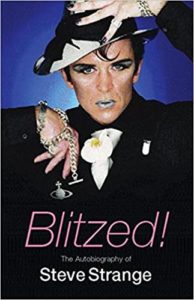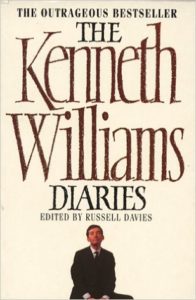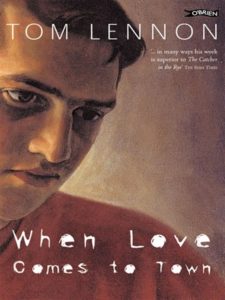aiMatch announced today that Jon Curnow has joined the team as director of product. Jon will spearhead the company’s product development efforts to ensure its advertising intelligence solutions continue to meet the needs of publishers around the globe.
RALEIGH, NC, July 29, 2010: aiMatch announced today that Jon Curnow has joined the team as director of product. Jon will spearhead the company’s product development efforts to ensure its advertising intelligence solutions continue to meet the needs of publishers around the globe. Jon has more than 13 years of experience in the online advertising industry, and joins the fast growing team of industry experts at aiMatch including executives Jeff Wood, Guy Taylor, Ryan Treichler, Steve Perks and Chris Hanburger.
Based in the UK, Jon most recently served as head of product management for Experian Digital Advertising. There, he was responsible for defining product requirements for the European launch of Experian’s addressable advertising products with major European portals. Working across multiple business groups, he also defined technical requirements, coordinated data management processes, and developed work-flow and ad-platform integrations with clients to successfully deliver audience targeting products.
Prior to Experian, Jon worked with many of his aiMatch colleagues at Microsoft Advertising, Atlas Europe, Accipiter Solutions, and Engage. Throughout his online advertising career, he developed online advertising solutions for new platforms including mobile, television, gaming and outdoor environments. He also served as an evangelist for emerging media platforms to publishers, advertisers and media/creative agencies. For years, Jon has provided European product expertise and direction and contributed to the development and execution of EMEA strategy for these leading online advertising technology companies. He has also held positions at Dynamic Logic and IPC Media.
“I’m excited to rejoin my former colleagues at a company that’s so focused on delivering cutting-edge solutions to help digital media owners better understand – and control – their online advertising business,” said Jon. “It’s also a great opportunity to work with an experienced team of experts who are leading ad platform innovation and development.”
“Jon’s experience includes roles in nearly every aspect of online advertising, giving him a unique and powerful perspective of the entire online advertising ecosystem,” said Jeff Wood, aiMatch CEO. “That experience will enable him to work with our customers to make sure they get the most out of their online advertising technology investment.”
aiMatch has created a single, comprehensive solution for publishers to create, forecast, model, deliver and analyze online advertising products. aiMatch delivers advanced advertising intelligence tools to help customers manage sales performance and analyze the data that impacts revenue, and to take intelligent action based on that data. aiMatch overcomes the limitations of traditional ad serving solutions by enabling the analysis of unlimited amounts of data, ranging from the very simple to the extremely complex, and making that data actionable.
About aiMatch
Founded by a team of online advertising technology experts who have been entrenched in the industry since its inception, aiMatch is dedicated to putting advertising intelligence (ai) in the hands of online publishers, helping them create new and better defined audiences, create new revenue opportunities, and maximize the value of their advertising inventory.
At aiMatch we understand that premium, guaranteed inventory is a publisher’s primary online advertising asset. That is why the aiMatch solution equips publishers with a comprehensive platform to help them make intelligent decisions. We solve the complexity of business intelligence, forecasting, simulation and delivery with unprecedented and scalable capabilities that match the best use of a publisher’s online advertising inventory.
aiMatch connects insight to action, enabling users to view and interact with data in the “big picture” – to be proactive and effective in inventory placement, packaging and pricing. For more information, visit www.aimatch.com.



